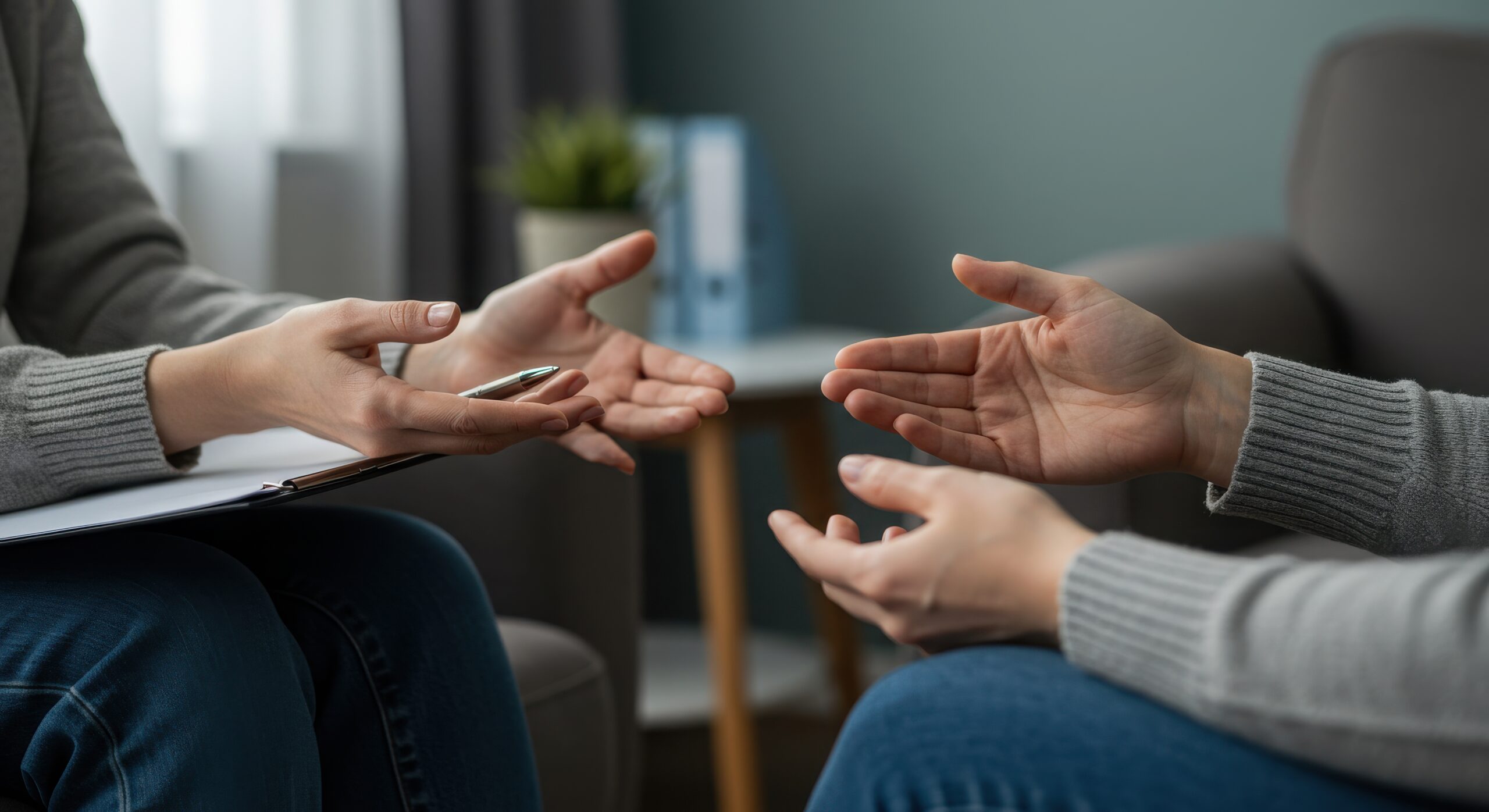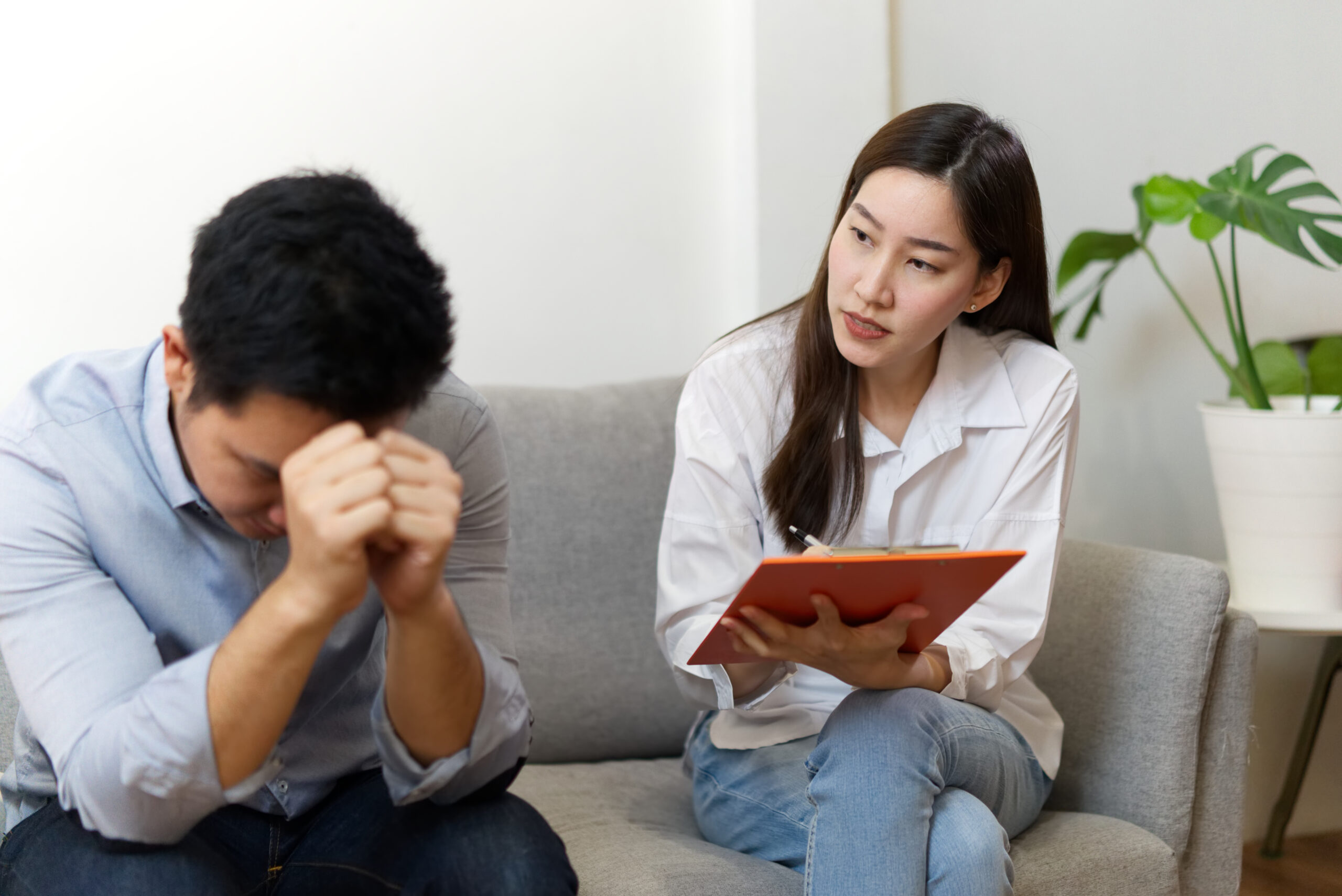Group Therapy: A Supportive Path to Healing
Group therapy is a powerful form of counseling where individuals facing similar challenges come together in a supportive and structured environment. Guided by a trained therapist, participants share experiences, gain insights, and develop coping strategies while receiving support from others who understand their struggles. Unlike individual therapy, group therapy fosters peer support and shared learning, allowing participants to see different perspectives, feel less isolated, and build social skills in a safe space. Whether addressing emotional struggles, life transitions, or interpersonal difficulties, group therapy can be a transformative experience.
BOOK CONSULTATION






